As an upper primary school teacher, I want to provide my year six students with the best chance of success for their transition into high school. Rather than guess what they might need for this transition, I thought I might ask the people who have a vested interest in this topic, their future secondary school teachers. So, on the 9th of April 2019 I posted a message about this topic on a teaching Facebook group called TeachMeet WA. There are about 13,000 members on this group so I knew I would get a good response. Here is my question.
“What would you want your new students coming into year seven knowing/being able to do?”
The response from the TeachMeet community was amazing and my post garnered 164 comments from secondary and primary school teachers throughout Western Australia. With term one now over I’ve had time to properly analyse the data; however, before I discuss any implications for primary school teachers who are responsible for the transition, I need to elaborate on how I broke the data down.
I organised the comments into the following categories: learning areas, skills and capabilities. I have disregarded comments of a humorous nature and I have not included comments that don’t offer suggestions. Some comments have multiple suggestions, so I’ve separated these from the comments. I have not considered the role of likes for comments when analysing the data e.g. comments about the quick recall of times tables, having a sense of curiosity and organisational skills scored a high number of likes. Just because a comment only appeared once in the frequency table below does not mean it isn’t a widely recommended suggestion by secondary teachers. What my analysis shows is the frequency in which similar comments appeared in the comments section. I have also had to assume what some teachers meant by their comments in the absence of further elaboration. While this isn’t a scientific study by any stretch of the imagination the data below does show some important trends with what secondary teachers want their new students to be able to do before they transition into High school.
THE DATA
Implications for Primary School Teachers
This data serves as an important source of reflection for how we could do things differently, it’s not meant as a reactive source of criticism. Primary school teachers are teaching our students the vast majority of the concepts mentioned in the data above to help with the high school transition. A point I’d like secondary teachers to consider is all the extra curricula activities we are required to implement and how they take up time that could be better spent covering these concepts. I could write an entire blog post about this but let’s get back to the topic at hand.
Starting with Mathematics, the quick recall of times tables facts is an essential skill for primary school students to have. Receiving this feedback validates my own teaching pedagogy and the strong emphasis I place on students quickly recalling their times tables. It also highlights the importance of our daily mental maths games we have as part of our numeracy block at our school. What I found surprising was that three secondary teachers mentioned their dislike for students measuring the length of objects in centimetres. I can see why they are asking for this as a lot of computer aided design programs and related industries rely on measuring in millimetres. I would have gone my whole teaching career unaware of this point if I didn’t ask this question on TeachMeet.
Science teachers emphasised how crucial it is for their new students to remember the different variables used in scientific investigations and how important it is for them to independently write up procedures for science experiments. I remember going to a SciTech professional learning course back in 2013 and listening to a secondary teacher talk about how he wished his new students knew how to create line and bar graphs. I haven’t forgotten this point and I’ve made sure to include a series of lessons and assessments on these types of graphs.
The importance of basic reading and writing skills cannot be understated. This point was the most strongly emphasised out of all the comments on the thread. Most English teachers wished that their students had a stronger grasp on writing, and they wished their students had more knowledge about the different text types. I have been teaching my students how to take notes; however, considering the strong response to such a suggestion by our secondary teachers I will plan more lessons around explicitly strengthening this skill.
On the topic of organisation skills, a point was made about how upper primary school students should be using files instead of exercise books. Students will hardly ever need to glue anything into an exercise book at high school so why should they continue with this habit during their final year at primary school? I have also considered implementing a diary in my year five/six classroom but after seeing the comments on this thread I will definitely implement this suggestion next year.
With regards to expected behaviours and social skills, this is an ongoing battle that needs to be continually reinforced throughout primary and secondary school until the message sticks. We are dealing with ‘tweenagers’ after all. If you look throughout history, rude/obnoxious students have been a constant source of frustration for every generation of adults. Aside for consistently reinforcing and maintaining high expectations of our students I don’t think this is a thing that can be fixed quickly.
When it comes to thinking skills, I have been refining my questioning techniques to get students to fully explain their answers. This is where teaching students about meta-cognitive thinking strategies could be beneficial. For example teaching our students how to use the ‘six thinking hats’ and the ‘14 habits of mind’ could help further develop their critical thinking skills.
Finally, the area primary school teachers could improve the most in is with how we implement the ICT General Capabilities across all learning areas within our classroom. A common complaint that I hear from secondary teachers is that students don’t have the necessary computing skills for high school. Other comments that were well received included: how to use Connect, how to log onto the portal, how to access their emails, how to use Office 365 and basic computing skills. These skills include things like: turning on a computer, troubleshooting processes to follow if something does not work and how to organise their files and folders. One of the reasons why I think we need to improve in this area has to do with our assumption about our students being ‘digital natives’. I’ve always considered the word assume to be the most dangerous word in education and I think we have had, at times, assumed that our students just know this stuff. Having previously taught Digital Technologies for two years I can certainly tell you that students don’t automatically know about all the skills out lined in the ICT general capabilities. I also understand how the lack of computers and devices in some schools will affect the ability of the teachers at that school to implement the ICT general capabilities across the learning areas. I will write a blog post about this topic at a later date with suggestions for integrating these capabilities within the different learning areas.
I hope this blog post has encouraged some reflective thought amongst primary school teachers. I know it has certainly made me think about what I can do differently to help secondary school teachers with the transition of their new students into high school. We need to focus on the things we can control and what we can control is what we decide to teach in our learning areas. Thankyou for reading this blog post. If you have any feedback, please don’t hesitate to reach out to me on social media.
IF YOU THINK THIS WEBSITE IS AWESOME THEN PLEASE ...
Bookmark this page.
Follow us on Instagram | @griffin_edu
Like and follow us on Facebook | @griffineducationenterprises
Follow us on Twitter | @Griffin_Edu
Follow us on Pinterest | Griffin Education Enterprises
Join our mailing list down below.
Consider supporting us on Patreon.
And most importantly, share this website with other educators!
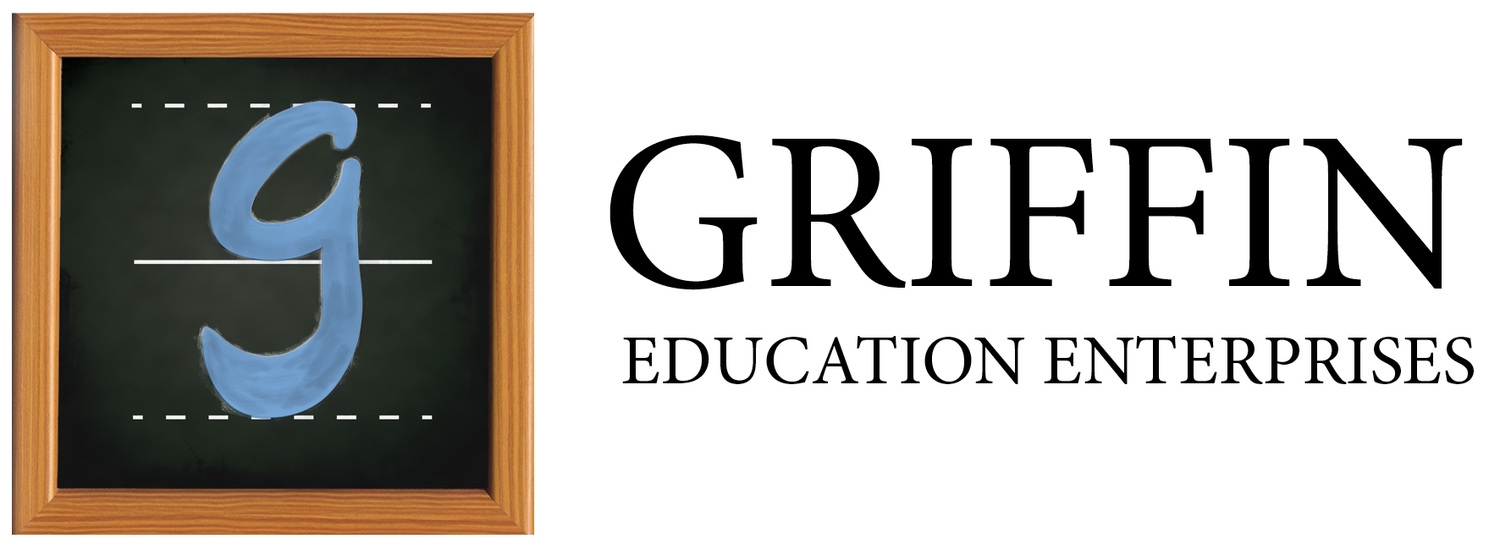




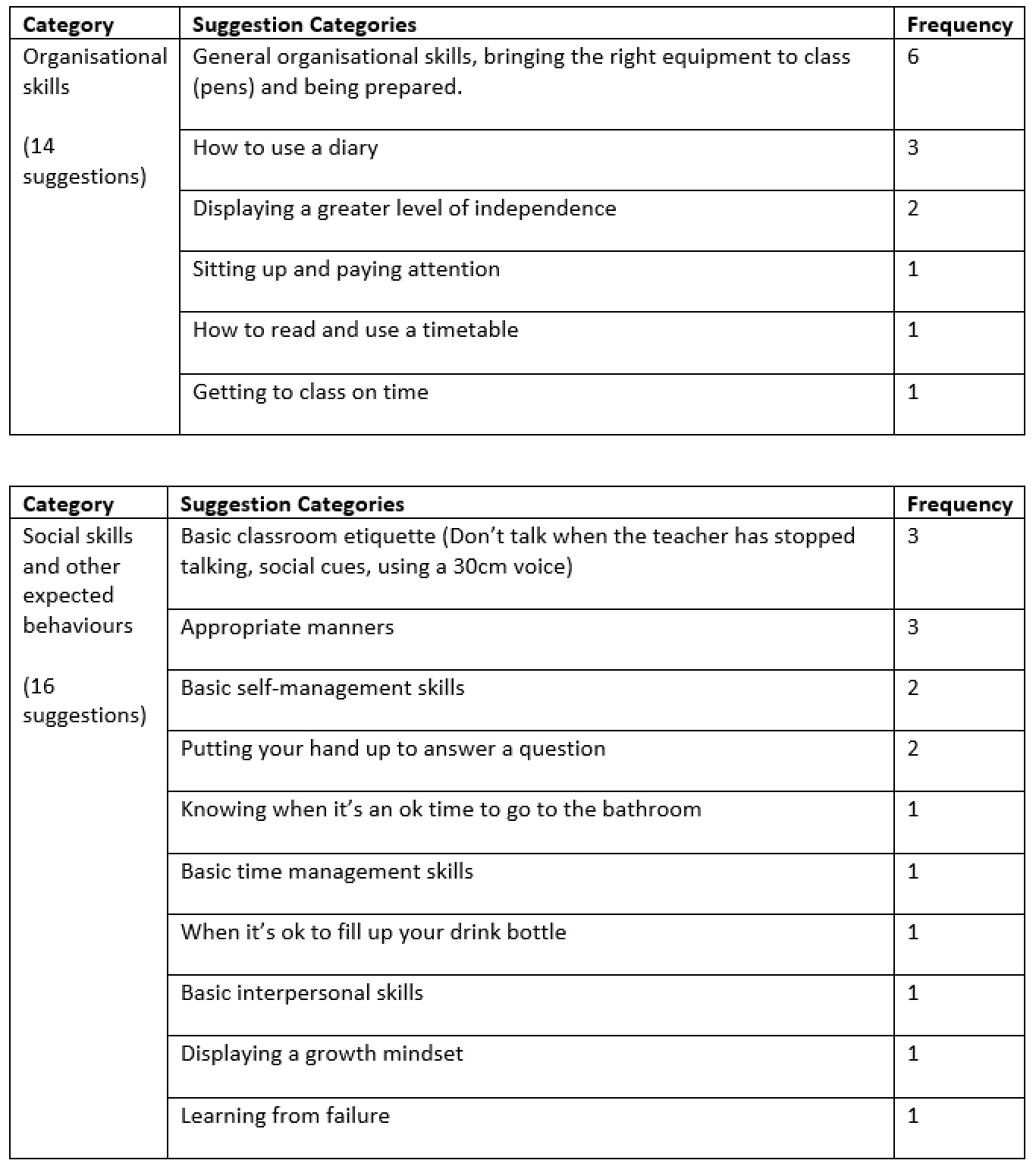





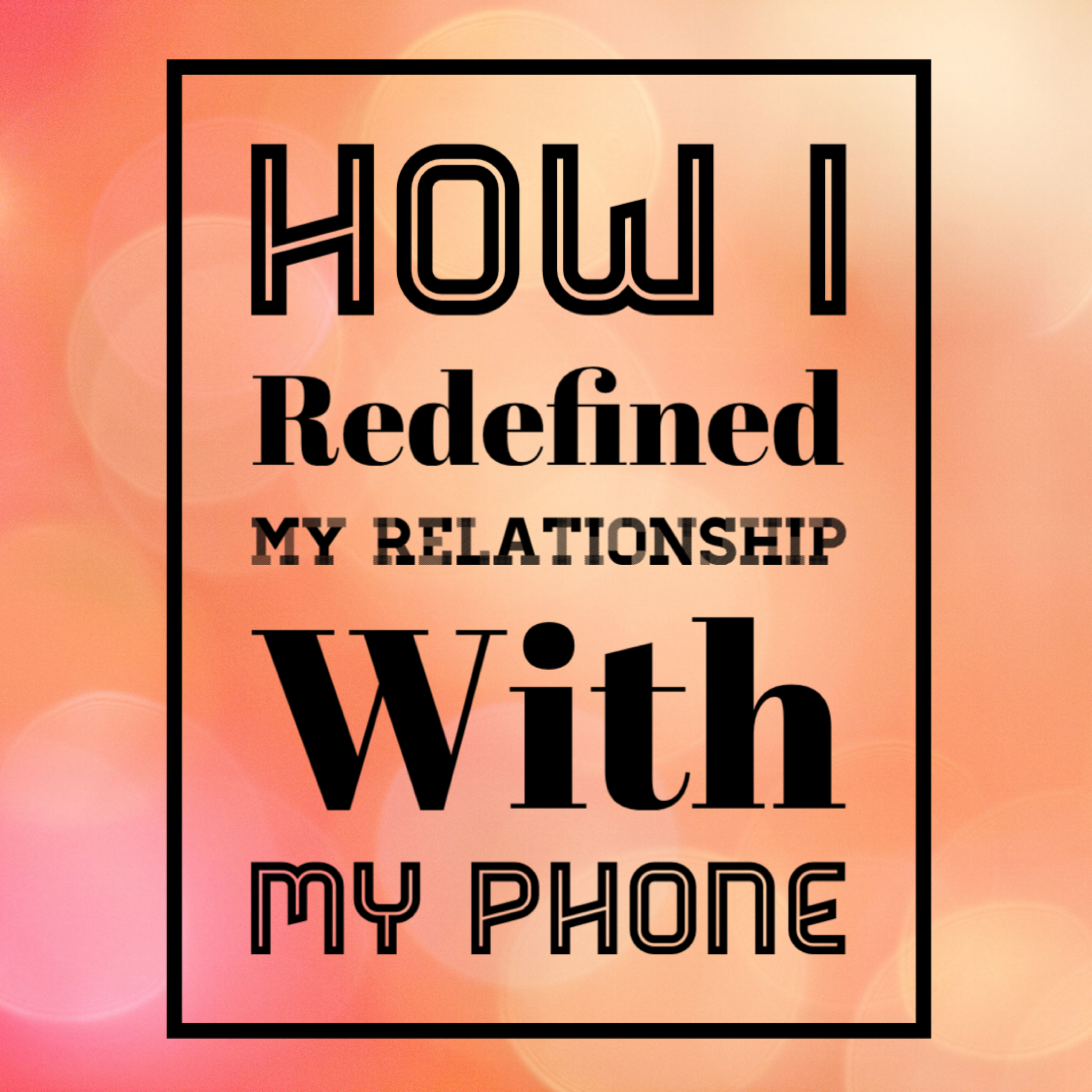
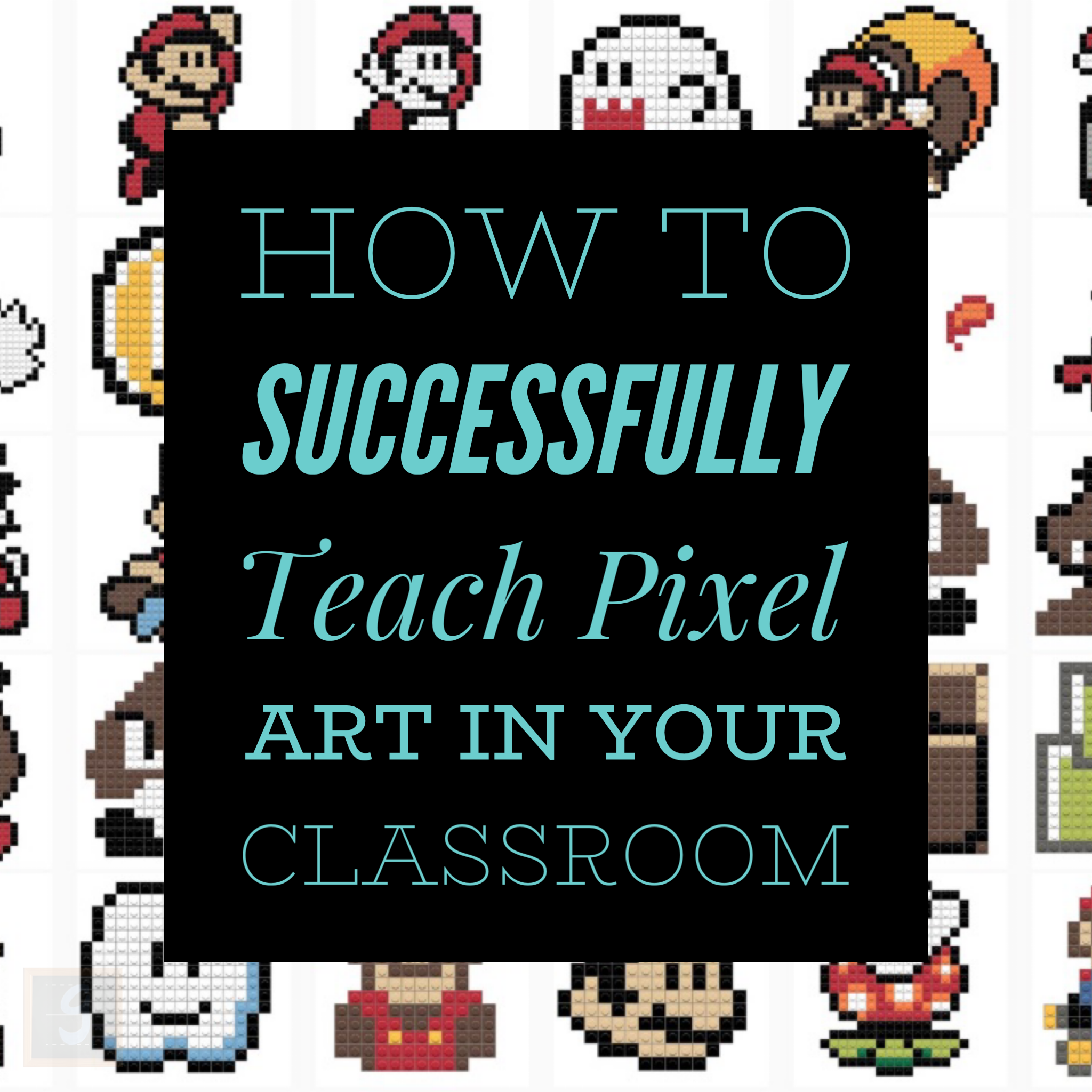

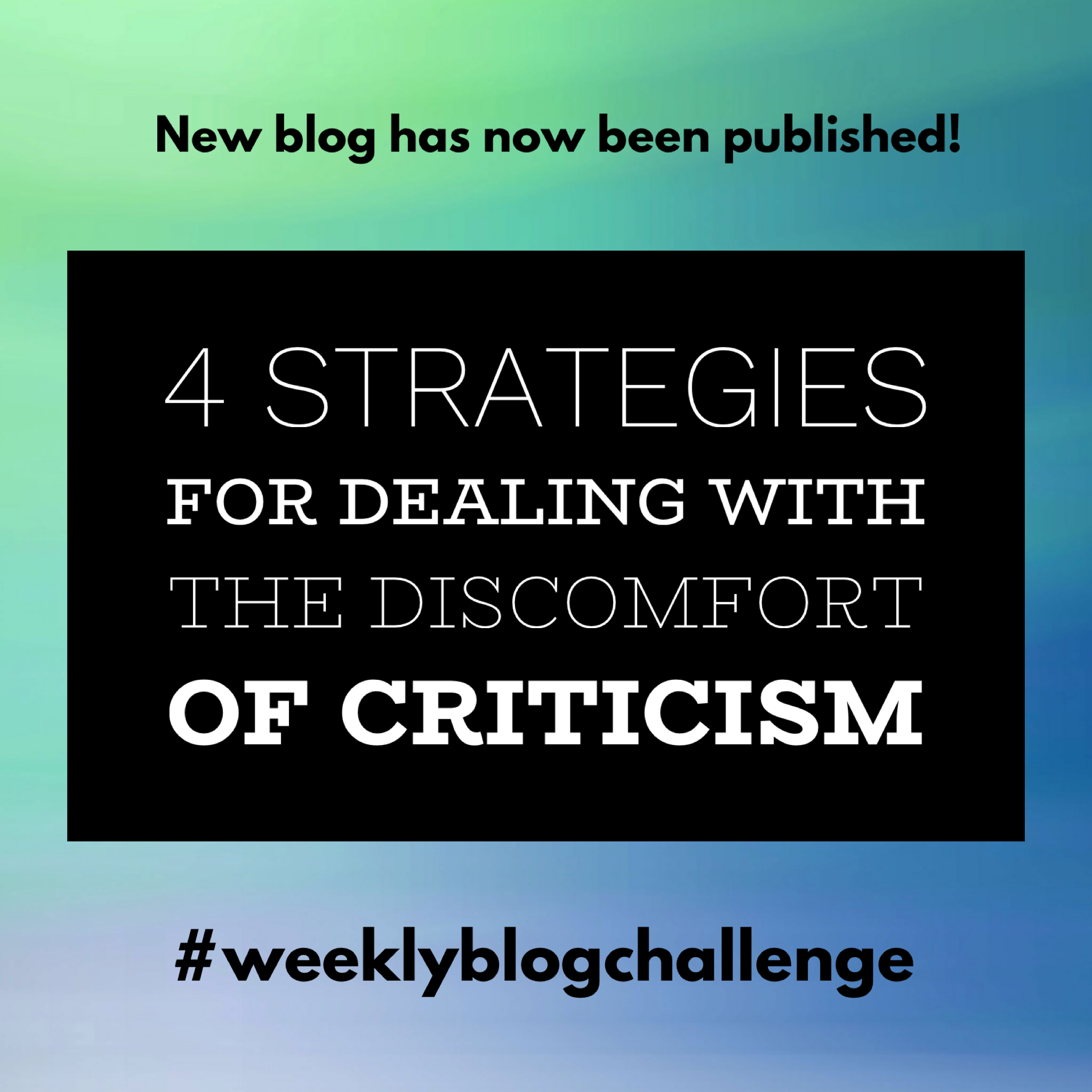
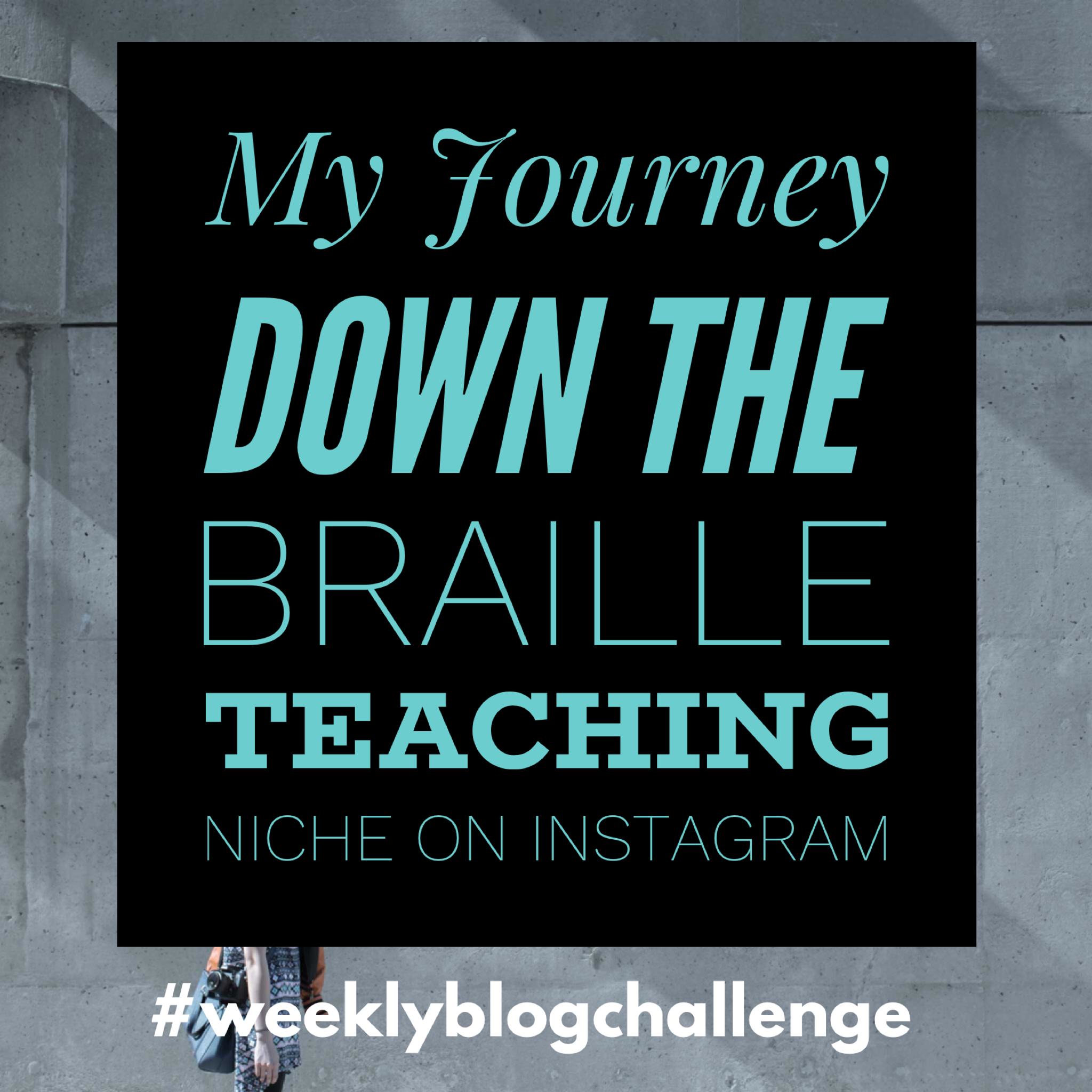

Concerned about what precautions you should take to protect your professional image? Then read this blog to find out how.